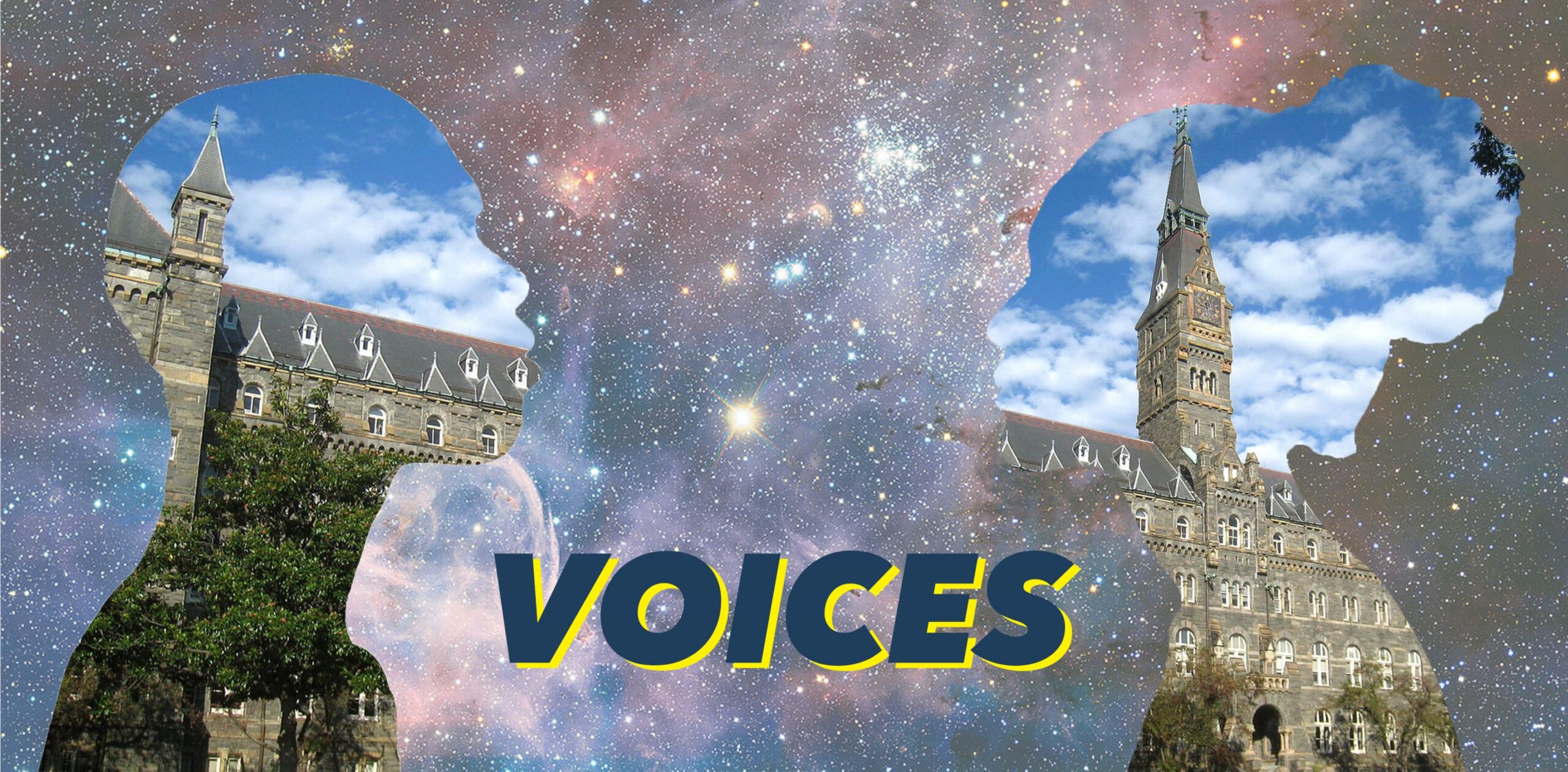I stare at the grounds of Turkish coffee in my cup. The sunset bleeds down crumbling facades 100 miles from bleeding bodies in Syria. Beirut hums with evening fervor while I sit in Fadi Jahjah’s apartment, eating peanut M&M’s and listening to his life story.
“How do you feel when you play music on the street?” I ask.
He pops an M&M in his mouth, crunches it softly, and says: “When I play music I feel like I belong… I don’t feel like I’m a stranger anymore. I’m with the wave of moving people. I’m with them.”
Fadi is far from my media-borne image of Syrian refugees: desperate families clinging to sinking boats in the Aegean or wasting away under tents in Turkey. He is a story from the psycho-emotional wreckage of the most dehumanizing socio-political slaughterhouse in the Middle East. He’s also just a young street musician.
I spent the summer studying Arabic in Beirut, and first met Fadi one night when I stopped to hear him play. I never really knew him, though, until a month later, when I passed him on Hamra Street while walking home. His electric oud (a Middle Eastern string instrument played like a guitar) was slung over one shoulder, and his amp hung loosely in his opposite hand. I reached out to pat his arm, and he turned, forcing a smile.
“They kicked me off the street, man—the cops,” he said, and he continued in a diatribe about his life, political status, government, family, and financial struggles.
Fadi’s features draw stares; well-cut, jet black hair that wraps around his face in a thick beard and a sharp nose between very blue eyes. His English is occasionally flawed though passionate and descriptive. He spends his days sitting in Beirut’s bars and sidewalks playing music with his small amp and oud. After each song, he tells us about its history or enthusiastically describes its genre, eyes wide and gleeful, vulgarity peppering each sentence. He could easily be a college friend of mine.
Hearing him speak, I couldn’t escape the notion that Fadi’s feelings were familiar, vivid, and relatable to my own. His experiences as a refugee implied a gulf between us but his thoughts and sentiments as a young man resonated with me. For the first time, this socio-political crisis felt personal, so I asked him for an interview.
In his flat, I ask him about his childhood. Fadi grew up in a snowbound hamlet in a house built by his mother and torn apart by his bipolar father. He describes the warmth of the home as it drained with his father’s descent into violent fits of abuse. “Then all the intimacy was gone from the house,” he says. Fadi, his sister, and their mother left the house. He was a refugee before the first bombs fell in Damascus.
As Fadi’s home fell apart, so did his country. Factions materialized, and heat began to build under the pressure of an inhumane regime. Syria, as Fadi describes it, had become a processing plant: branding, labeling, checking, and directing its citizens. As with some other nations, Syria even dictates the subject each student can study depending on exam scores. Half-hour bus rides stretched to four hours due to consistent, humiliating ID checks, and soldiers grew wary and defensive, mistreating citizens without hesitation. “There was something that didn’t respect humanity, something that didn’t respect each human that makes art,” he says.
“Government services were growing but people were starving,” he explains. “We used to publish posters … go out and shout”. But Fadi stopped at violence: “I couldn’t handle the idea of taking a gun and killing someone.” And through all of this, Fadi was a student, like me, struggling with the decision of vocation.
Fadi went to school in Damascus to study orthodontics, but his studies became an excuse to go to the city, explore, and play music. There his uncle gave him the oud that would become his lifeline. “I loved that instrument,” he says. We both look over at his current oud, an electronic model with no belly and an elegant wooden frame.
We talk about Beirut. He chose Lebanon because it was the closest and cheapest option. He tells me he loves the people. He loves the diversity and the opportunity to meet others who understand him. I ask him if the multitudes of strangers leave him with more time to think, unencumbered by personal interactions. He nods. “Not as many people know me,” he says. Then he sighs, and I shudder at his next comments.
“I feel a lack of safety, although I’m not afraid—I know that I can pass through it somehow, whatever happens. But sometimes when I feel pain in my leg, or, in my chest … I feel afraid because it’s not my country, and it’s too expensive. So I feel like I’m afraid of what could happen because I’m not in my country, and I’m not protected. I’m not surrounded by people who know me or who can help me.”
He pauses for a moment. I don’t know how to respond, so I blankly contemplate the crushed bag of M&Ms. He continues.
“I feel depression. I feel like I’m devastated but I don’t have time to be devastated… Actually, I miss when I used to sit for two weeks and feel devastation. I don’t have that time here. I have to stay in movement so I can pay the rent. Maybe it’s not safe [in Syria]. Maybe there are explosions.But [I had] time and space.”
Those words echoed in my mind for weeks, but they felt natural. I never flinched at their rawness.
Fadi and I are the same age. I first left home to go to boarding school in Massachusetts – he left to survive in Beirut with depression and a history of filial and political chaos. We both know what a full schedule feels like, we both know something about depression, and while his story took place half-way around the world, the emotions feel linked. We both pine for home, and as I take comfort in writing, Fadi resorts to music. For him, the oud is the warm house of his childhood, resuscitated in the bedlam of the Middle East.
Both Fadi and I have struggled to define ourselves as young men in changing worlds. We have both celebrated canceled school days and torrents of snow. He finds his independence suffocating and intimidating, something that I can relate to, although to a much different degree.
I don’t know what I want for a career, and Fadi doesn’t know if his country will ever be whole again, and while we face different problems, we share a common sense of uncertainty. We share the uncertainty of a being 20 year old men facing 80 years of life in a world we don’t yet understand.
Fadi reaches for the bag of M&M’s, pours the last two into his hand, and offers them to me. I take one, and we both smile. We both feel a little sorry that the bag is empty.






